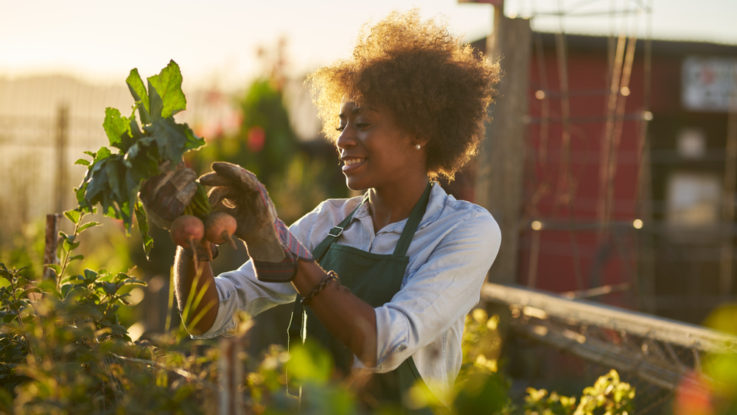
The city of Dallas, TX has approved a new Comprehensive Urban Agriculture Plan (CUAP), which aims to improve the city’s food system and ensure that every resident is food secure. The CUAP will provide a long-term strategy for urban agriculture in the city and serve as a framework for setting the city’s infrastructure and development goals.
The CUAP’s primary goals are to:
- remove regulatory barriers to implementation – by updating the Dallas Development Code to reduce the regulatory barriers to urban agriculture, and identifying and establishing incentives for developers to include urban agriculture within new developments;
- support access to farmlands – by establishing a process for making high-potential city-owned vacant lots available for urban agriculture projects;
- provide access to urban agriculture education and resources;
- build market opportunities – by reducing barriers to operating farmers markets, seeking funding for nutrition assistance programs, and facilitating connections between Dallas area producers and interested wholesale buyers; and
- facilitate collaboration between urban agriculture stakeholders – by formalizing and maintaining an Urban Agriculture Advisory Council, and showcasing and organizing events.
“There is no doubt the effects of climate change will have an impact on our resident’s ability to access affordable and healthy food options,” City Manager T.C. Broadnax said. “By approving this plan, the City of Dallas is showing it has the foresight to plan how to feed its rapidly urbanized population in the face of equally rapid climate change.”
The CUAP was developed by the city’s Office of Environmental Quality and Sustainability (OEQS). Since October of 2021, the office has conducted interviews with stakeholders and surveyed the public, community groups, and neighborhoods for their input.
“By 2050, it is projected that 89% of the U.S. population and 68% of the world population will live in urban areas,” OEQS Director Carlos Evans said. “The CUAP is an important step towards ensuring that all of our communities have access to healthy local food.”